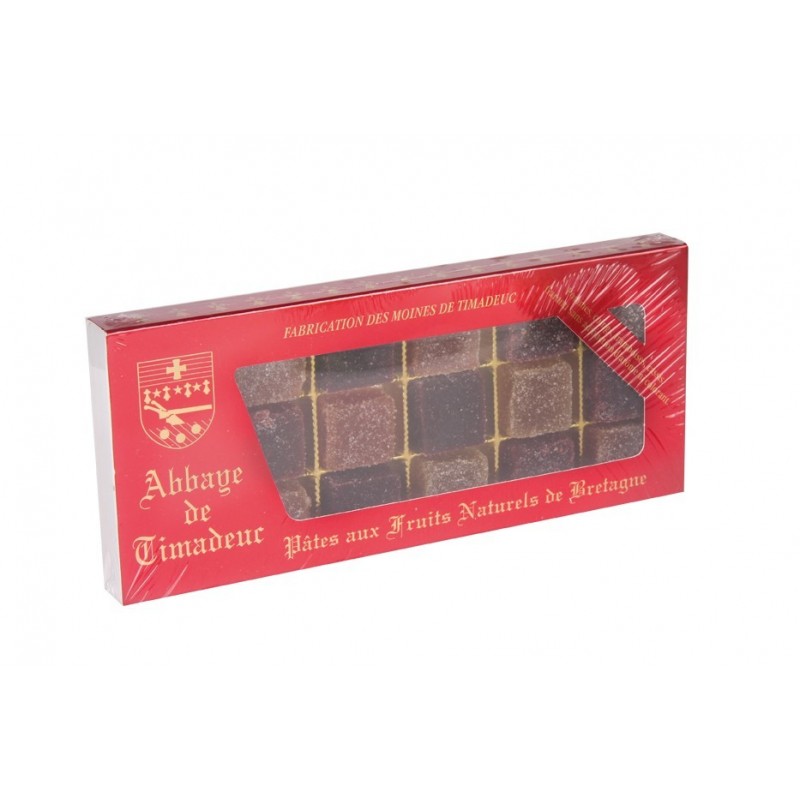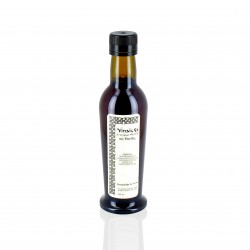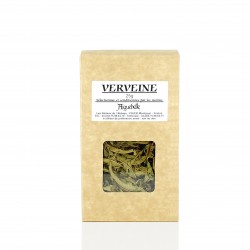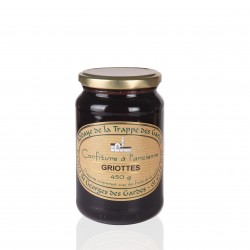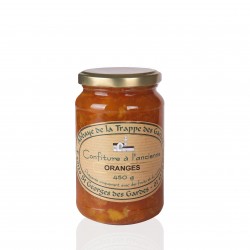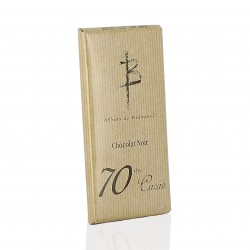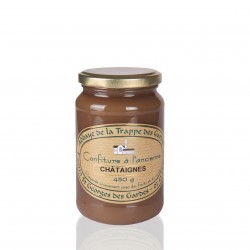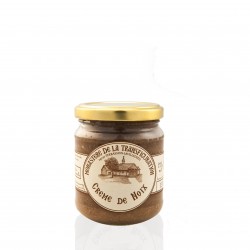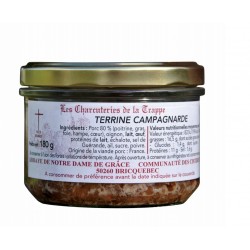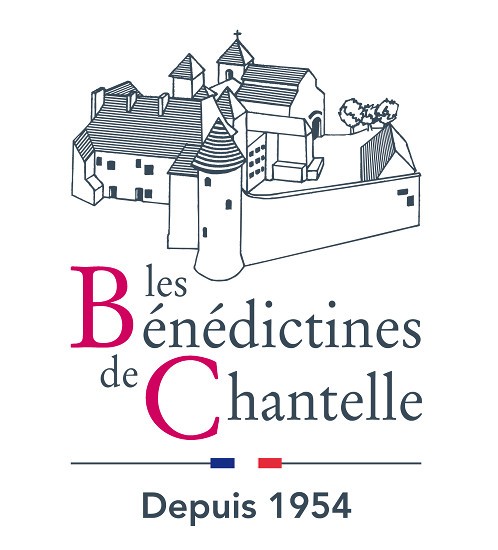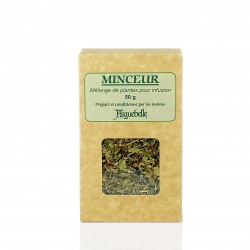Fruit jellies pastes
Supplier: Timadeuc Abbey - Brehan - 56580 ROHAN
Ingredients: Fruit pulp (53.5%), cane sugar (41.5%), glucose (4 %%), apple pectin (0.8%), tartaric acid (0.2%)
May contain: Fruit pastes produced by the monks with the fruits of their orchard, in Brittany.
Guaranteed without addition of flavoring or coloring.
Various fruit pastes, with apple, quince, raspberry and blackcurrant puree.
Average nutritional value per 100g
Energy (kJ) / (kcal): 1352/318
Carbohydrates (g): 78
of which sugars (g): 70
Salt (g): 0.1
Net Weight: 250g
Made in France at the abbey
The Trappist Cistercians
He is… a man, yes, a man and not a being apart, fallen from another planet. It’s even - do I insist? - a normal man, healthy in body and mind, a man of today capable of familiarizing himself with the internet, happy to thus commune with the life of the world!
He is a Christian and like every Christian, called to holiness; a child of the Church who seeks to deepen the riches of his baptism, thus responding to his vocation as a child of God.
He is a "monk", that is, a Christian who simply wanted to take the advice of the gospel seriously in a particular way. At the call of Christ and prompted by the Spirit, in a free act, he chose solitude (in Greek: monos = alone) to "live for God alone", embracing a life consecrated to prayer, to meditation , at work, under the gaze of God.
He is a "cenobite" (from the Greek: koinos = common) and not a hermit unlike the Carthusians, for example, who tend to live alone. The cenobites lead, under the authority of an abbot (Abba = Father) who takes the place of Christ in the monastery, a community life inspired by Saint Pachomius. These communities are signs of the Kingdom to come to the world today.
He is a "Benedictine" monk, he is in fact linked to Saint Benedict (6th century), the great legislator, the Patriarch of Western monks. The Benedictines follow his Rule and keep his spirit in a life punctuated throughout the days by prayer and work.
And yet, so to speak, he is not only a Benedictine but also a "Cistercian"; one could almost say: "Cistercian" to be more Benedictine! It is to return to a stricter observance of the Rule of Saint Benedict that, in 1098, 21 Benedictine monks left the abbey of Molesme under the leadership of Saint Robert, and reached the desert of Cîteaux - named after the locality. : Cistels (gorse) - to found a new monastery there. Very quickly, this one is distinguished by its austerity and its simplicity. Saint Robert succeeded Saint Albéric then Saint Etienne, of English nationality. These are the three founders of Cîteaux.
Saint Bernard, therefore, is not, as is sometimes believed, the founder of the Cistercian Order: he did not enter the "New Monastery" until fourteen years after its foundation. He was not even abbot of Cîteaux, but the founder and abbot of his third daughter: Clairvaux. We owe him the extraordinary expansion of the Order of Citeaux in the tenth century throughout Europe.
And why "Trappist"?
This name indicates that the Cistercian belonged to the family of the "strict observance" resulting from the reform undertaken at the monastery of La Trappe, in the current department of Orne, by the famous Abbot of Rancé in the 17th century; vigorous and somewhat violent rudder, certainly, but providential, which allowed the Cistercian ship to cross the backwaters of the eighteenth century; and to cross, thanks to the energy of Dom de Lestranges - another son of La Trappe - the difficult times of the Revolution and the Empire.
Timadeuc was rightly founded by the Abbey of La Trappe in 1841.
And tomorrow the "monks"?
Tomorrow, the monks will adapt, along with the Church, to the conditions of the times.
They will be constantly renewed, at the breath of the Spirit, according to their monastic vocation, to perfect: ... "the humble service of divine majesty within the walls of the monastery" ...
But, tomorrow as yesterday, this search for divine intimacy will unite the monks ever more and their brothers in Jesus Christ.
